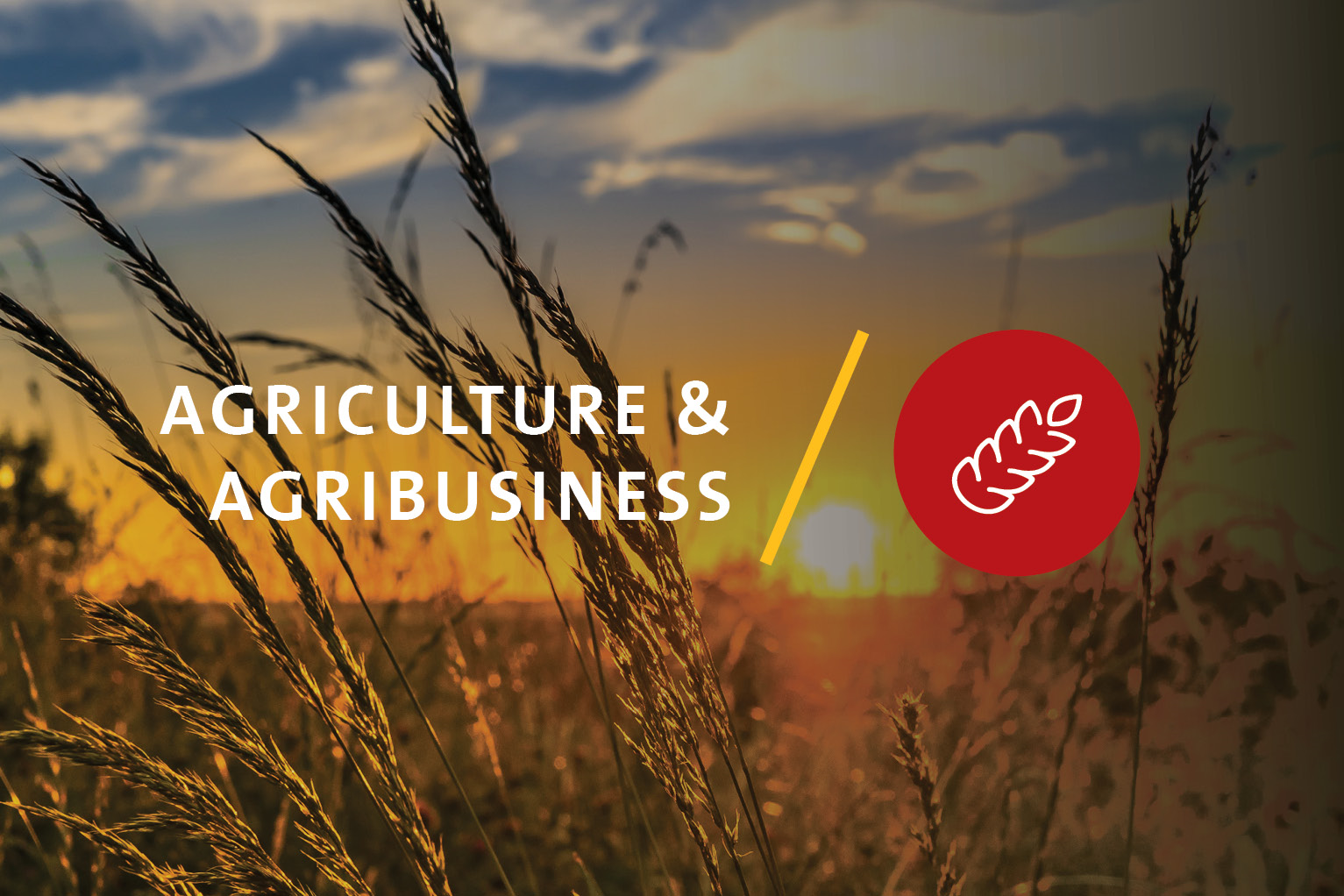
The Climate-Friendly Agribusiness Value Chains Sector Project supports implementing the government’s Agriculture Development Strategy (ADS), 2018-2023 and the National Export Strategy, 2015-2019 by boosting competitiveness in value chains for rice, beans, pulses, and oilseeds in the Magway, Mandalay, and Sagaing regions in the Central Dry Zone (CDZ). The project will increase climate resilience for critical rural infrastructure, promote quality and safety testing capacity, strengthen technical and institutional capacity for climate smart agriculture (CSA), and create an enabling policy environment for climate-friendly agribusinesses. The project will reduce food insecurity and rural poverty, increase smallholders’ incomes and access to markets, and improve resource efficiency and environmental sustainability for agribusinesses.
The project aims to create an enabling environment that reduces the incidence of poverty, malnutrition, and food insecurity among the rural poor. The project is aligned with the following impact: agricultural competitiveness improved. The project will have the following outcome: productive and resource-efficient agribusiness value chains in project areas developed.
The scope of work includes:
- Assist the IAs in upgrading the pesticide, food safety, and commodity testing infrastructure (equipment and instrumentation) of three National Government laboratories, the MOALI – Plant Protection Division (PPD) Pesticide Testing Laboratory (PTL), the MOALI - PPD Food Safety Testing Lab (FSTLAB), and the Ministry of Commerce (MOC) – Dept of Consumer Affairs (CA) Commodity Testing & Quality Management Laboratory (CTQM). Specific tasks will include assisting in the selection of equipment (reviewing the work of the PPTA recommendations) and preparation of specifications for tender documents.
- Once equipment arrives, provide training to laboratory staff in the use of such equipment;
- Work with the laboratories to develop a plan to become self-sustainable. i.e. once the increased testing capability is in place, each laboratory will need to adjust its fees to be commensurate with the value of the test run;
- Prepare a plan for the laboratory to become ISO17025 accredited, noting that it is not expected that the laboratory will become accredited during the consultant’s time on the project;
- Support the DOA and MyanTrade in developing specifications for the purchase of rapid reactions kits (to test the quality of produce being stored in private farms) and provide training to recipients in the use of such kits. Recipients will be selected by DOA and MyanTrade according to selection criteria included in the PAM. The consultant may be requested to assist with the selection process.
- Relevant degree, e.g., in chemistry, biotechnology, food technology;
- Relevant work experience of a minimum of 10 tears;
- Experience in the rehabilitation of food safety laboratories (in particular in the equipping of such laboratories);
- Experience in supporting laboratories to become ISO17025;
- Experience of supporting laboratories in Southeast Asia is an advantage; and
- Excellent English speaking and writing skills.
The Capacity Building and Climate Smart Agriculture (CSA) project duration will be 60 months. The experts will be based in Nay Pyi Taw with field visits by its team, as required for the services, to project locations within Myanmar.
Start is open
Please send your most recent CV to job [at] afci.de
